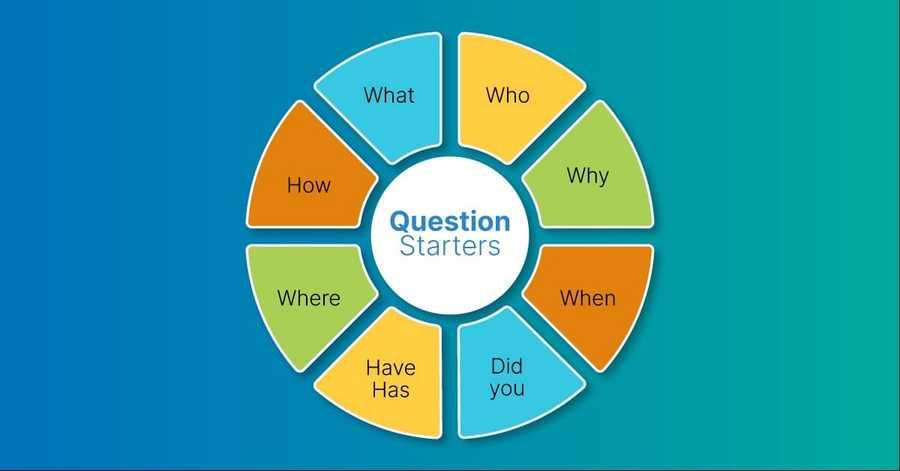Asking Open-Ended Questions
The key is going from closed to open questions. Classic closed questions can be answered with a “yes” or “no,” and the easiest answer is “no.” Instead of asking for a promotion. You can ask: "What’s the promotion process going to look like this year?” Or, “What do you need from me to make the case for my promotion?” Then listen to the answer.
When you ask someone that question, very often you’re going to get powerful information that’s going to tell you what matters most to them, so that you’re going to be able to figure out a way that meets their needs, while also meeting yours.
90
637 reads
CURATED FROM
IDEAS CURATED BY
The idea is part of this collection:
Learn more about career with this collection
Understanding the importance of constructive criticism
How to receive constructive criticism positively
How to use constructive criticism to improve performance
Related collections
Similar ideas to Asking Open-Ended Questions
Open-ended questions
Avoid questions you can answer “yes” or “no”. They are closed-ended, don’t generate discussion and they rarely yield any insight.
By asking open-ended questions, you get far more interesting insights. They invite reflection and start discussions.
Use open-ended questions
Start your questions with who, what, when, where, why or how.
For example, instead of asking "Were you terrified?", which will produce a "yes" or "no" answer, try asking, "How did that feel?" They might have to think about it, but you'll get a much better response.
Ask open-ended questions
Those that require more than a “yes” or “no” answer, are the best type of questions to ask if you’re looking to establish common ground.
Just be careful not to overdo your questioning. You don’t want the other person to feel like they’re being interrogated.
Read & Learn
20x Faster
without
deepstash
with
deepstash
with
deepstash
Personalized microlearning
—
100+ Learning Journeys
—
Access to 200,000+ ideas
—
Access to the mobile app
—
Unlimited idea saving
—
—
Unlimited history
—
—
Unlimited listening to ideas
—
—
Downloading & offline access
—
—
Supercharge your mind with one idea per day
Enter your email and spend 1 minute every day to learn something new.
I agree to receive email updates

